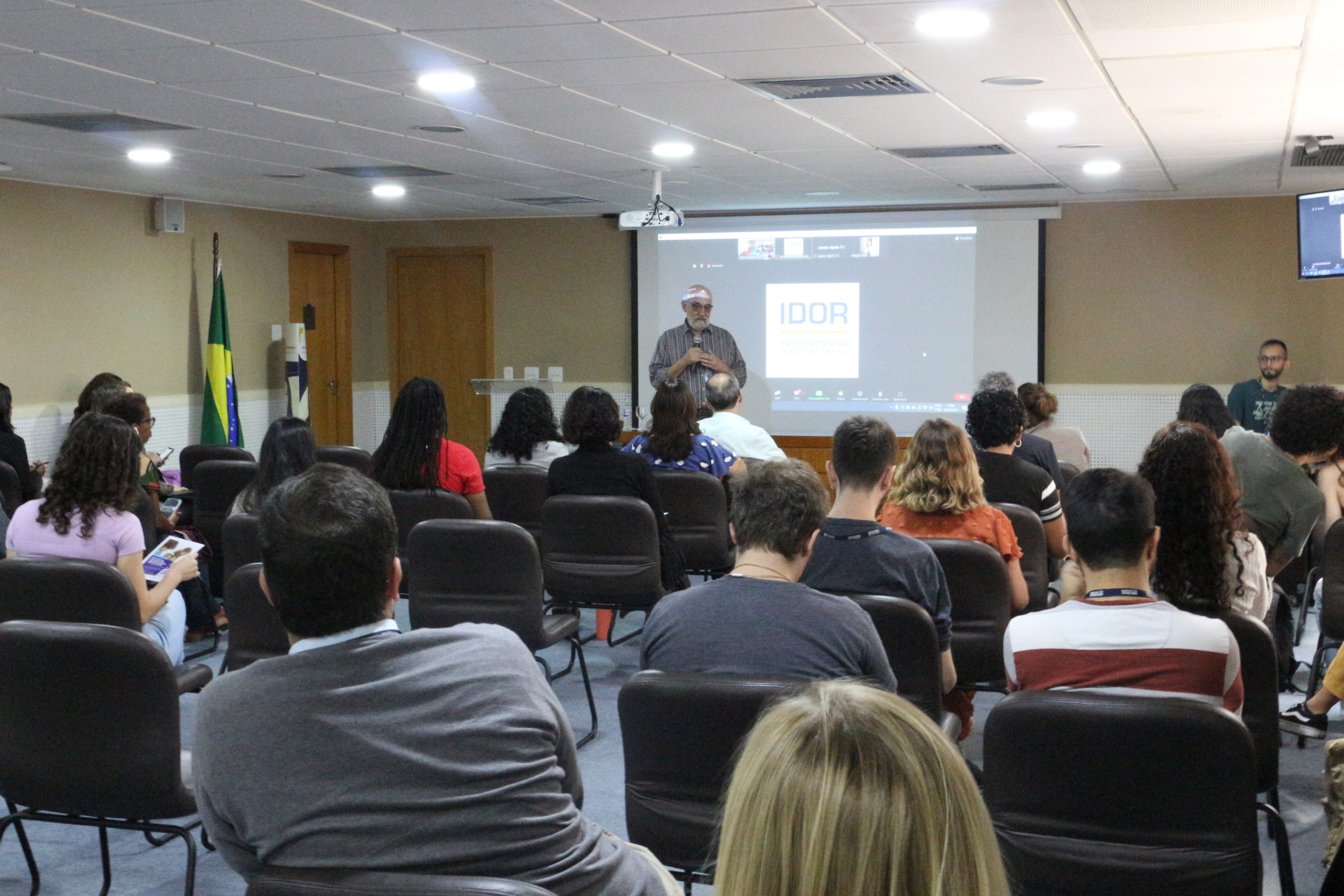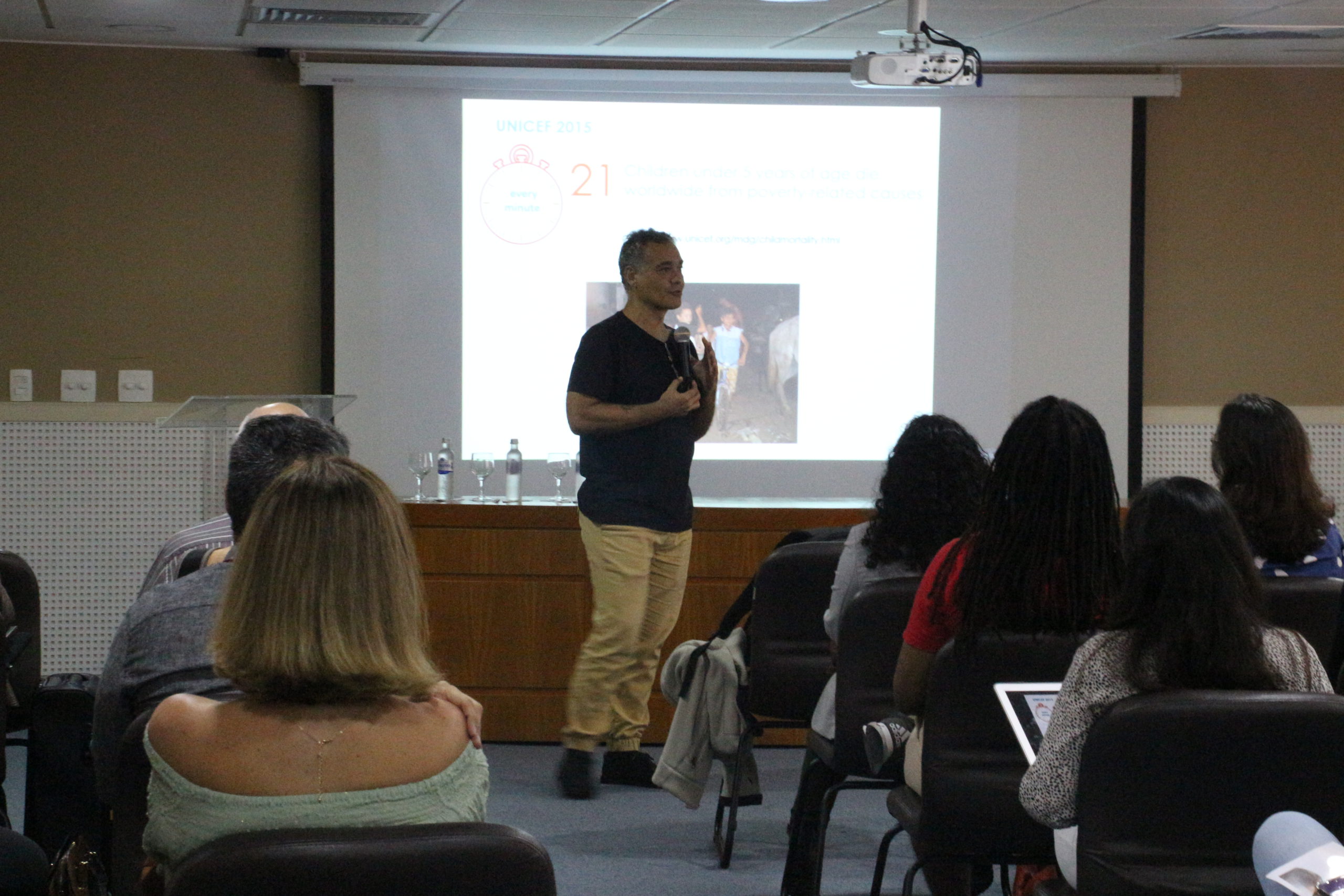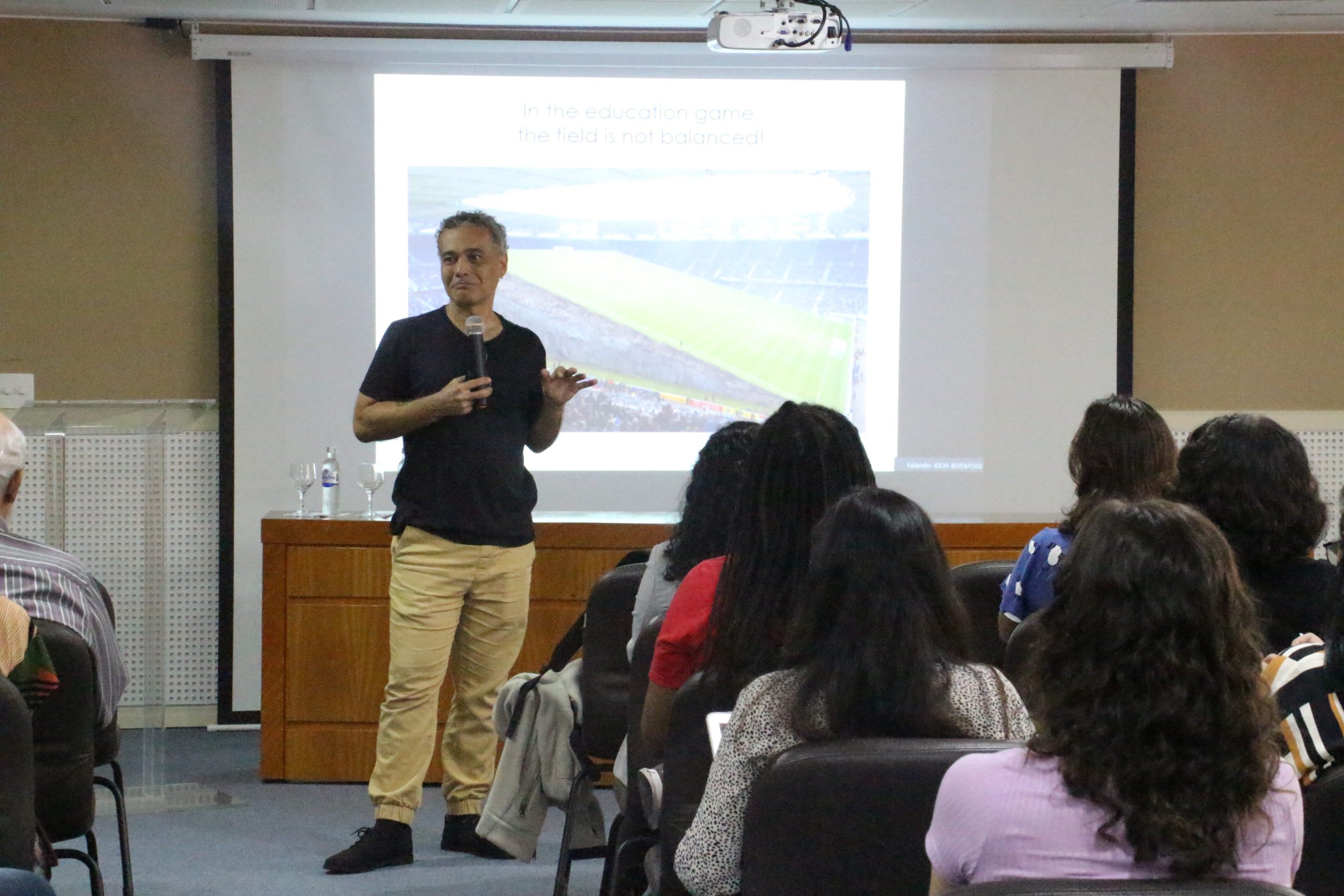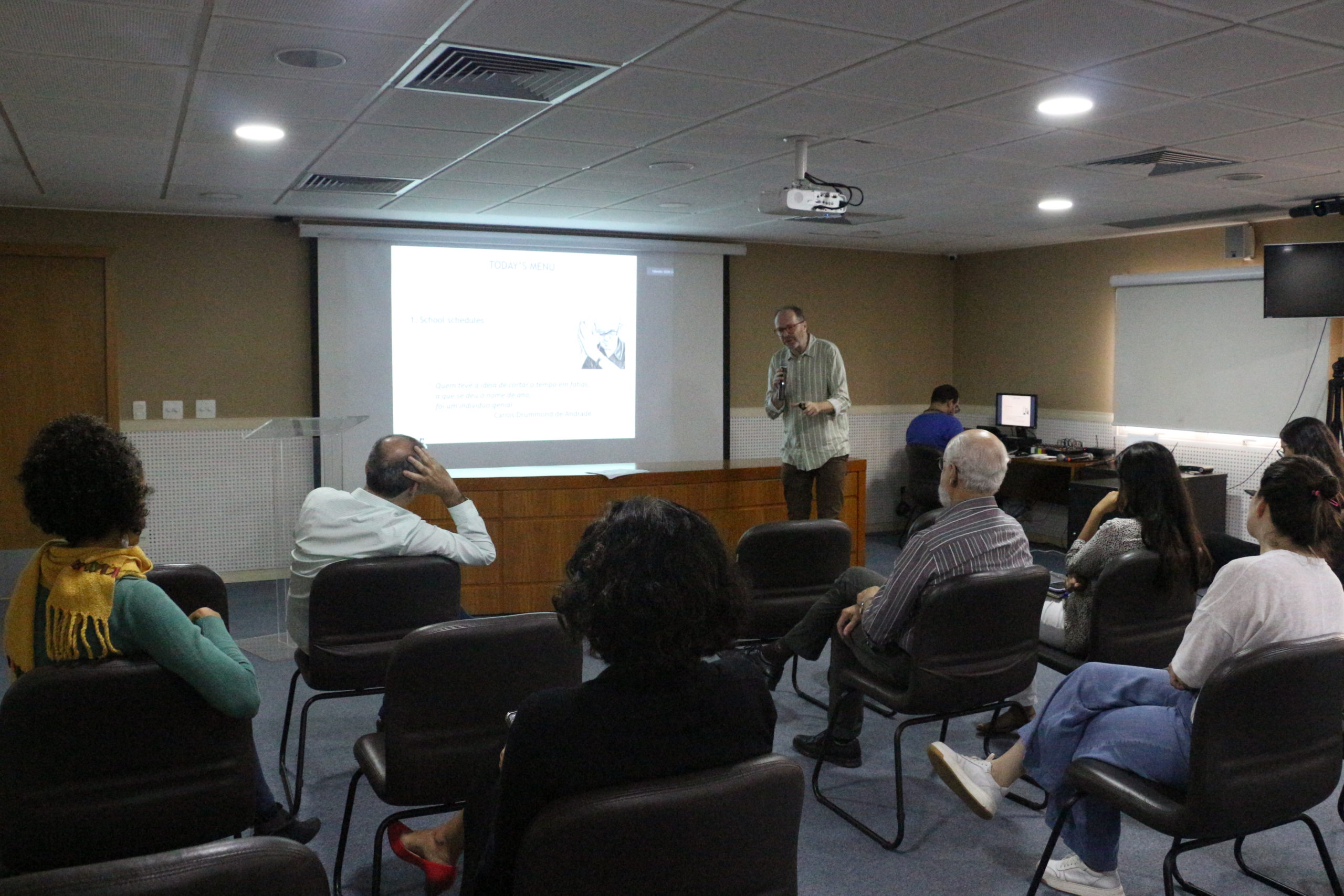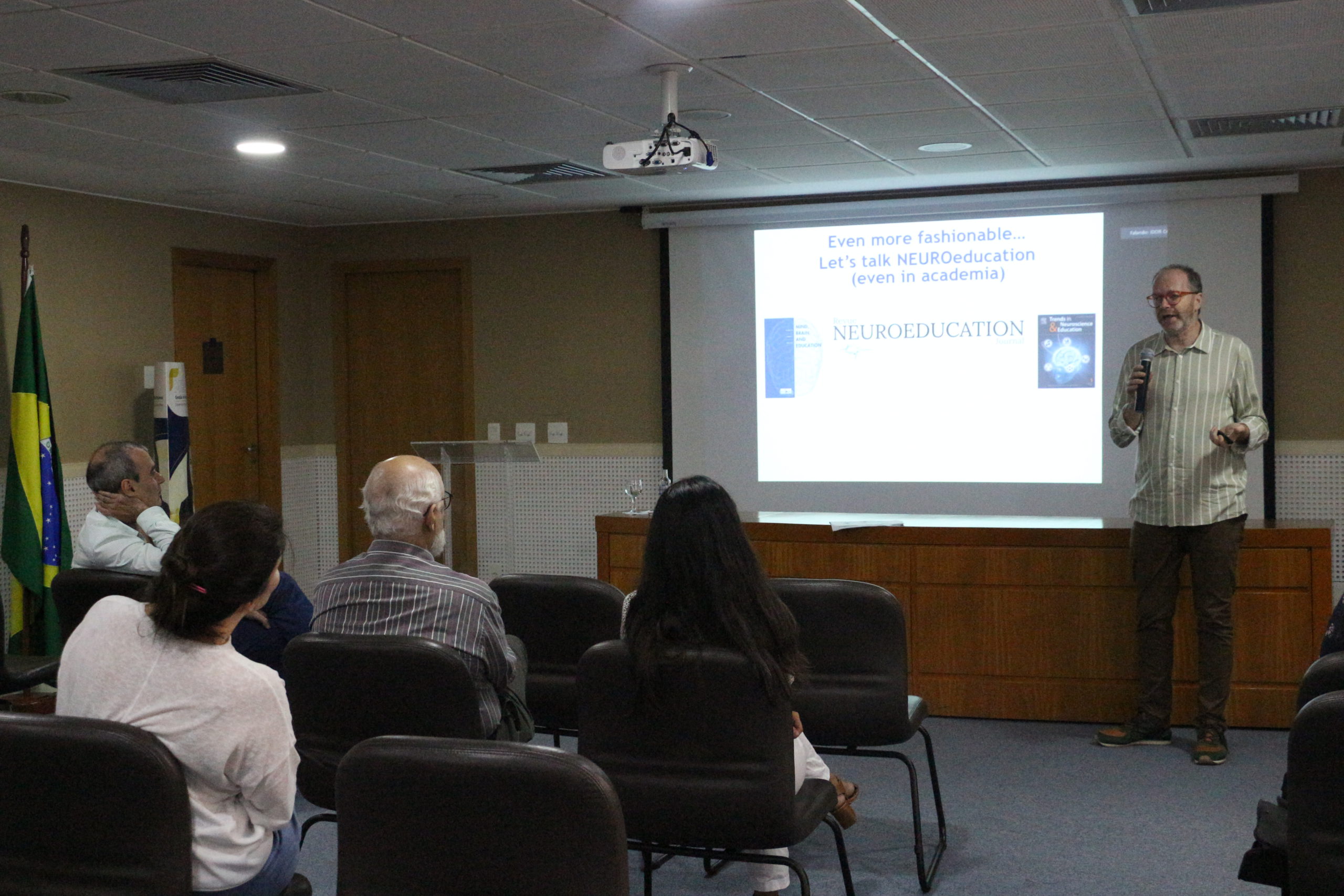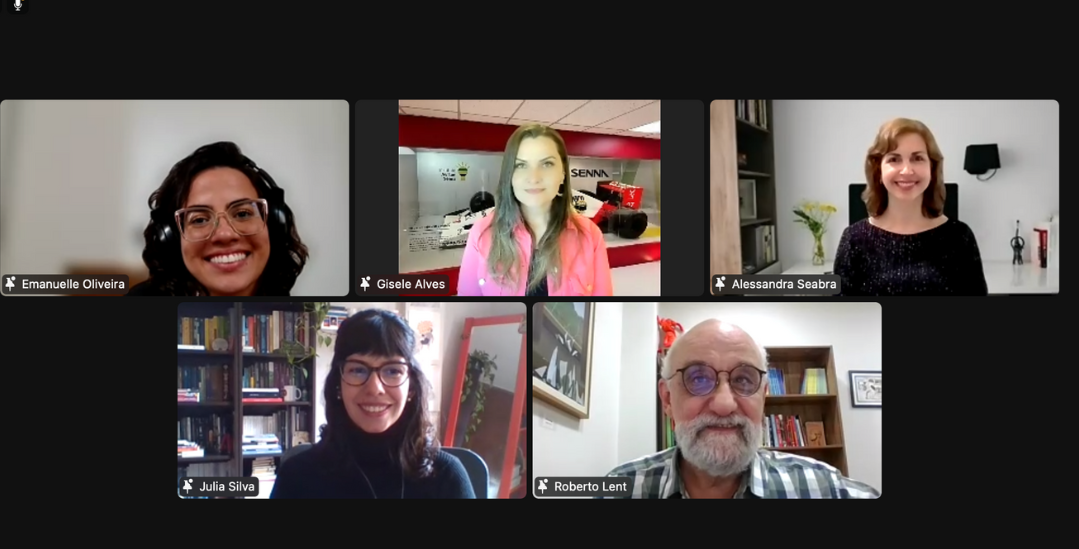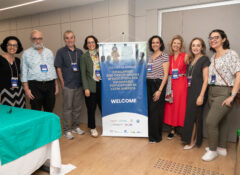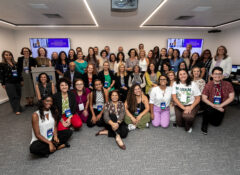Dr. Sidarta opened the meeting with a presentation on the importance of sleep for cognition, including memory. The researcher presented data from his studies with children and adolescents that reveal that when the child rests after learning, the fixation of what he has learned is greater.
Next, Dr. Golombek spoke about chronobiology, a science that studies the biological clock of the human being. Understanding the time cycles and rhythms of each person is fundamental to making the day more productive, according to individual needs.
At the meeting on May 25, the theme was “Education after the Pandemic”. To talk about the subject, we had the online participation of researchers Lars Orbach, from the University Duisburg-Essen / Germany, Alessandra Seabra, from the Mackenzie Presbyterian University / Brazil and Emanuelle Oliveira and Julia Silva, both from the Federal University of Minas Gerais / Brazil.
Dr. Orbach presented the conditions of distance learning during the pandemic, where educational inequalities occurred. He highlighted the importance of developing a well-structured and stable digital education model, as well as an egalitarian one so that all children have access to the same opportunities.
Dr. Alessandra showed that Brazil was greatly affected by school closures during the pandemic, presenting data related to the drop-in proficiency rates in the Portuguese language and mathematics.
Dr. Julia presented preliminary data from her research comparing German and Brazilian students, showing that after the pandemic, reading performance was worse in younger children, in addition to having difficulty performing simple math tasks.
Finally, Dr. Emanuelle discussed the importance of the child’s family performing activities involving numbers and reading to stimulate learning.
In June, Dialogues between Science and Education return for another session. This time, the theme will be “Education and the Cost of Poverty” with presentations by Sebastian Lipina and Daniel Domingues dos Santos. Don’t miss it! Click here and register!


